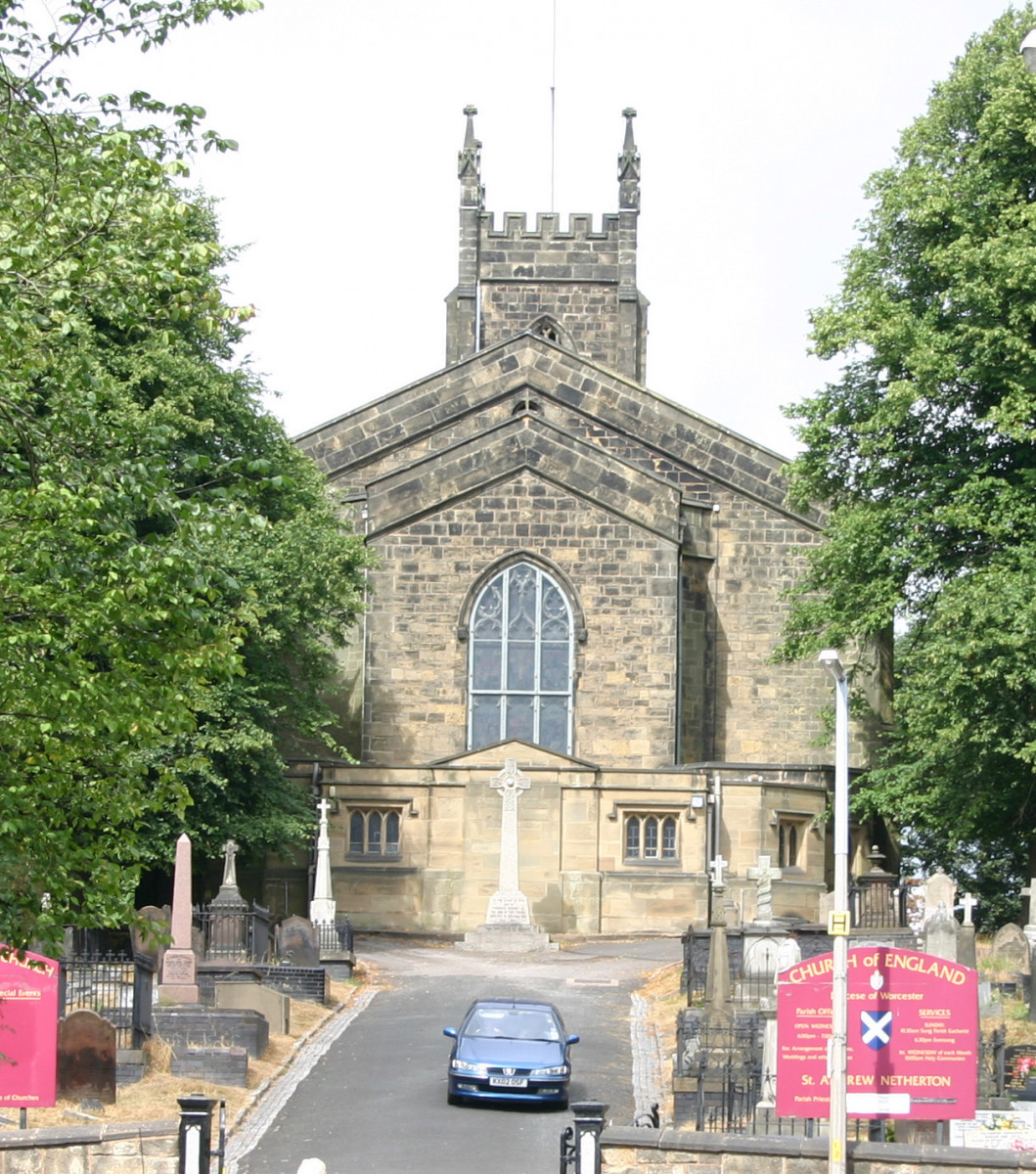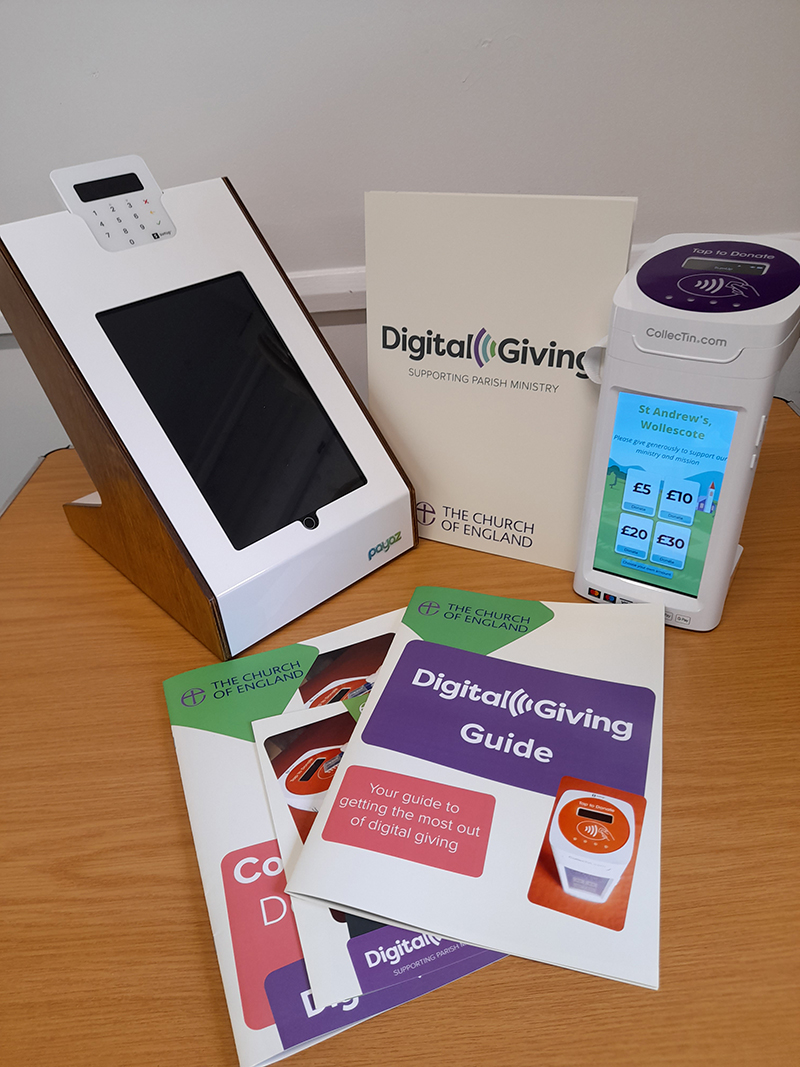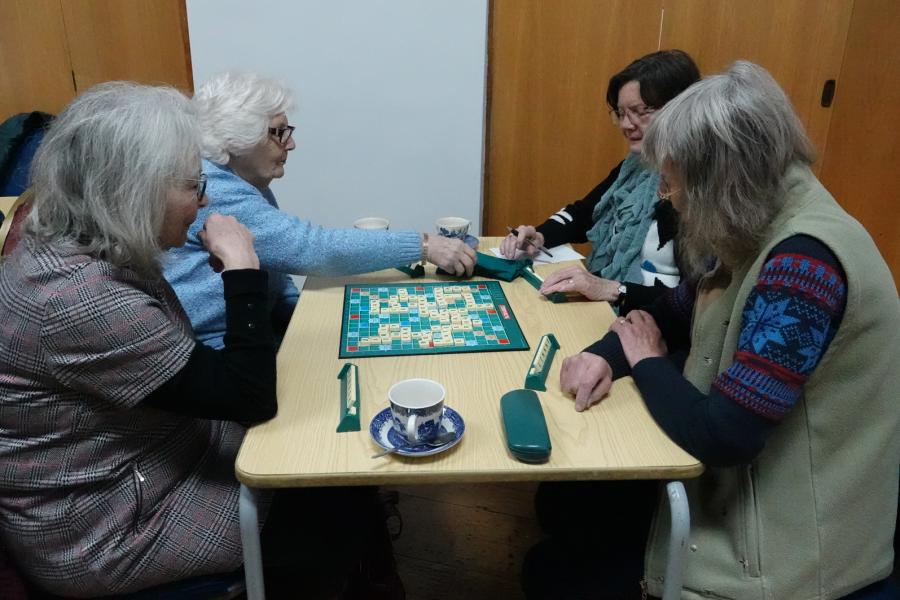 The Forge Group includes St Andrew’s Church in Netherton, St John’s Church in Dudley Wood and St Peter’s Church in Darby End in the north of our Diocese. The three churches are in a highly populated but very deprived area, with parishioners in the bottom 10% of the country economically. However, during 2022 they were able to considerably increase their income, helped in part by the move to Ministry Share.
The Forge Group includes St Andrew’s Church in Netherton, St John’s Church in Dudley Wood and St Peter’s Church in Darby End in the north of our Diocese. The three churches are in a highly populated but very deprived area, with parishioners in the bottom 10% of the country economically. However, during 2022 they were able to considerably increase their income, helped in part by the move to Ministry Share.
Rich Hackett Priest in Charge said: “Ministry Share brought a level of transparency which our churches hadn’t felt was there before. It enabled us to realise in particular the cost of the ministry received in the parish for the first time and led to a healthy conversation about the finances of the Diocese as a whole and who was accountable for these. Most importantly it enabled us to ask the question ‘what is our story – who do we want to be?’, and consider critically our finances, and whether we wanted to ask for a £17,000 grant to support ministry, or to solidify the Forge Group under 1 priest and be self-sufficient.”
For the first time St Andrew’s Church in particular decided not to just set a budget which was focussed on just getting by, but to be more ambitious and set a number of stretch targets, particularly around fundraising and occasional offices. During 2022, the parish increased their income by 25-30%, delivering on the targets set.
Treasurer, Tony Coghlan, said: “I only joined the church four or five years ago and over the few years, since Rich’s arrival there has been a real change in how we’re reaching out and engaging with the community. I can now see a future for our church, and it’s given the PCC and congregation a real drive to move forward. This has been the result of a considerable amount of effort from everyone but has definitely been helped by the fact that we can now see the relationship between the service we receive and the amount we contribute in Ministry Share. It is no longer seen as a remote diocesan tax.”
Over the past year or so, the parish has made a number of changes. There has been a focus on occasional offices; building a better relationship with the funeral directors and running a marketing campaign around weddings. The parish website has been redesigned and the team has worked hard on its social media profile. Services have continued to be broadcast online with a giving link always included, and it is easy for people to give using contactless and online giving.
“We have been working on our reputation in the community so that people know that we’re there for them, and that they will get a good quality service. Then when people come into church for a baptism, we playfully encourage them to make a donation - ‘can someone check the card machine works on the way out’, we put a note on the giving plate to set expectation, and have also encouraged our regular givers to join the Parish Giving Scheme which helps reduce administration,” said Tony. “We’ve held two or three major fundraising events during the year which doubled in income from previous years and have also encouraged the congregation to try small fundraising ideas at home that might raise £50 or £100 – every little helps!”
“We’ve not done anything new or particularly different, but what we have done is see the things which frustrate us as a blessing,” said Rich. “It’s all about reputation, community, connecting people and doing weddings, funerals and baptisms as well as we can. We had a lot of problems with the condition of our graveyard, but seeing it as a blessing led us to setting up a churchyard tidy crew and making the most of our visible location on top of a hill! There are 22,000 people living in the area covered by our group, including 13,000 who identify as Christian – we’ve now got a vision for our future to be able to reach out to a few more of those people!”
“If the Church is to deliver on its Mission, getting the finance right is essential,” concludes Tony. “We need to have a priest and appreciate the support from the diocesan team. There’s no magic money tree – we all need to pay for what we get. I see so much economic hardship in our area and if we’ve got money to do it, our churches have the potential to add real value to our community – to be open and accessible to all.”

